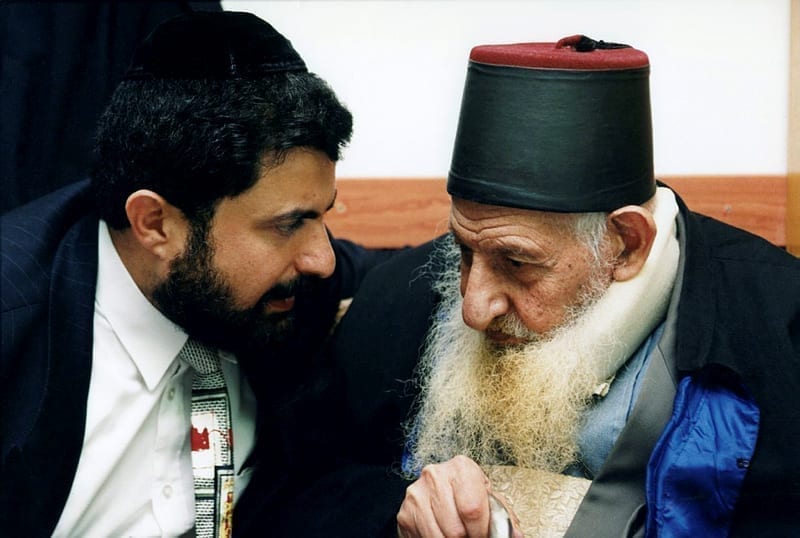The Baal Shem Tov once wanted to give a wealthy man a gift as a token of appreciation for his hospitality. “Just tell me what you need,” he said. “Baruch Hashem, G-d has been good to me,” the man replied. “I lack for nothing.” “In that case,” the Baal Shem Tov responded, “I have a request to make of you.” The man agreed to do whatever he asked. At that, the Baal Shem Tov sat down and composed a letter. Sealing it up in an envelope, he addressed it to the two new parnasim [community leaders] of the city of Brod, Rabbi Ploni and Rabbi Almoni. He then charged the gvir with delivering it personally. The man took the envelope, placed it in his pocket and accompanied the Baal Shem Tov outside to see him off. In his haste to ready the wagon of his distinguished guest, he never noticed that the letter fell out of his pocket and right into a wooden crate near the stable. By the time he returned inside he had forgotten about it completely. As it often does, the wheel of fortune eventually turned. The former gvir became a pauper, reduced to selling his belongings to feed his family. It was now 17 years after the Baal Shem Tov’s histalkus.
One day he was scrounging around for something he might have overlooked when he came across the old crate and opened it up. There at the very bottom was the letter addressed in the Baal Shem Tov’s holy hand. The man was horrified as the memory came flooding back and he realized that he had never fulfilled his promise. He immediately resolved to travel to Brod and attempt to deliver it, however belatedly. Arriving in Brod, he went directly to the beis midrash to make inquiries. After he explained his predicament, he asked if anyone remembered the community leaders of two decades before. Everyone told him that there had never been a parnas in Brod named Rabbi Ploni or Rabbi Almoni, for that matter. He had reached a dead end. As they were standing and talking, another fellow approached and reminded them that community elections were being held that very day. “Who knows?” he said in jest. “Maybe the people you’re looking for will be elected parnasim today!” Everyone within earshot chuckled. A few minutes later the door to the beis midrash opened and two youngsters burst in, announcing that the votes had been tallied and the newly-elected leaders would be arriving momentarily. Their names were Rabbi Ploni and Rabbi Almoni. When their entourage arrived the man was startled.
Both parnasim were very young; probably no more than 20 or 25 years old. Nonetheless, he walked over and handed them the envelope. “Here is a letter sent to you by the holy Baal Shem Tov!” “How can that letter have been written to us?” they laughed. “The Baal Shem Tov has been in shamayim for the past 17 years!” “I can’t explain it either, but those are the facts,” the man insisted, relating the circumstances of how it had come to be in his possession. “Why don’t you open it up and read it?” Indeed, the letter was addressed to Rabbis Ploni and Almoni, “the two new parnasim of the city of Brod. “The bearer of this letter,” it continued, “is a very worthy individual who has lost all his wealth. When he was rich he used his prosperity for the benefit of others; I am now asking you to come to his aid. If you do not believe that I, the Baal Shem Tov, am the author of this letter I give you a sign: You are about to receive news that one of your wives has given birth to a girl, and the other, to a baby boy. Please help him to the best of your ability.” The letter was signed “Yisrael Baal Shem Tov.” No sooner had the letter been read aloud than the messenger arrived with the glad tidings. With the help of the entire community of Brod, the man was eventually restored to his former affluence.




